I have no money, no resources, no hopes. I am the happiest man alive
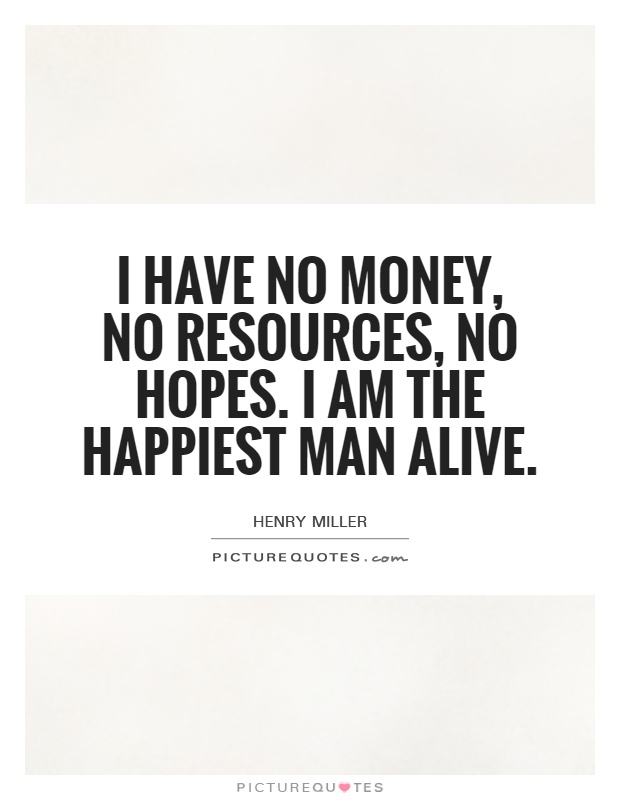
I have no money, no resources, no hopes. I am the happiest man alive
Henry Miller, the renowned American writer and artist, is often associated with the quote, “I have no money, no resources, no hopes. I am the happiest man alive.” This statement encapsulates Miller’s unique perspective on life and his rejection of societal norms and materialism.Miller was known for his bohemian lifestyle and his rejection of traditional values. He lived a life of poverty and struggled to make ends meet, yet he found joy and fulfillment in his creative pursuits. For Miller, happiness was not dependent on material wealth or societal success, but on the freedom to express himself and live life on his own terms.
In his autobiographical works, such as “Tropic of Cancer” and “Tropic of Capricorn,” Miller explores themes of poverty, creativity, and the search for meaning in a world that often seems chaotic and meaningless. He celebrates the beauty of the everyday and finds joy in the simple pleasures of life, such as a good meal, a beautiful sunset, or a moment of connection with another human being.
Miller’s philosophy can be seen as a rejection of the consumerist culture that dominates modern society. He believed that true happiness comes from within, from a deep connection to oneself and to the world around us. By embracing poverty and simplicity, Miller was able to find a sense of freedom and authenticity that eluded many of his contemporaries.
Despite his lack of material wealth, Miller was able to create a rich and fulfilling life for himself through his writing and his relationships with others. He found happiness in the act of creation, in the process of putting words on paper and sharing his thoughts and feelings with the world. In this sense, Miller’s quote can be seen as a testament to the power of art and creativity to transcend the limitations of poverty and adversity.
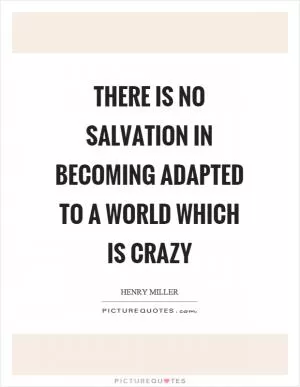
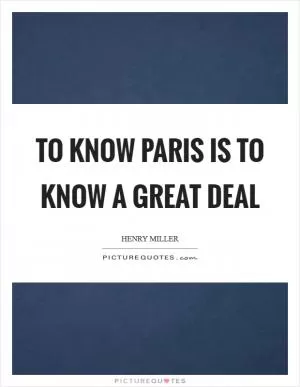
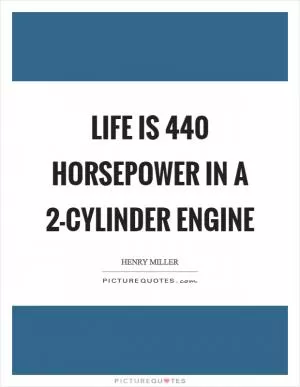
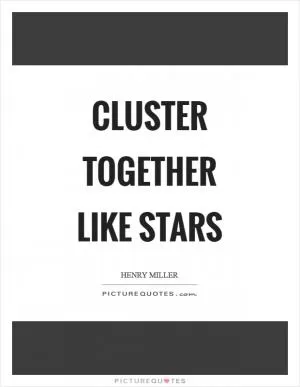
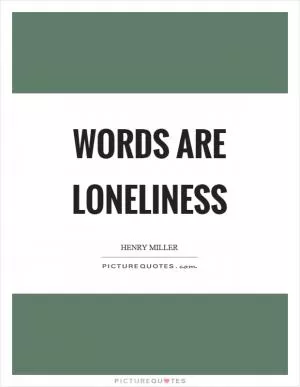
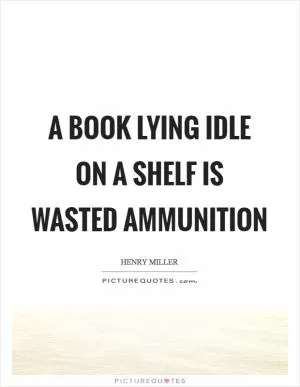
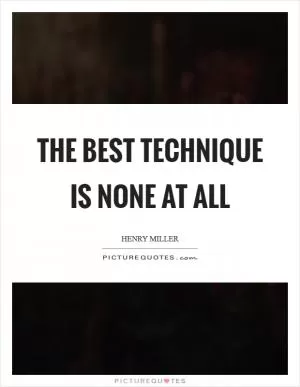
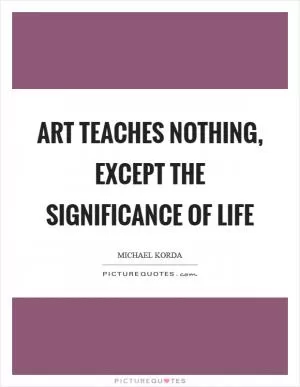
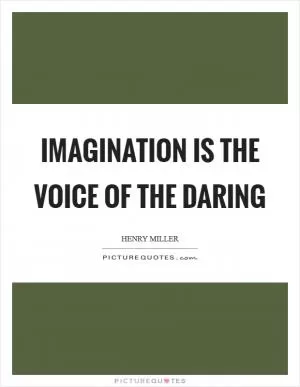
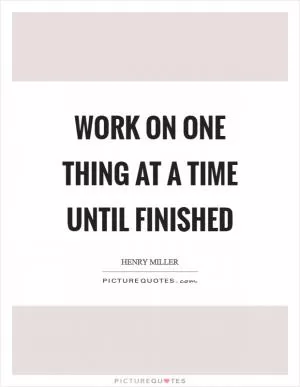
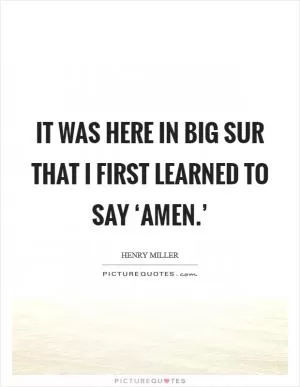
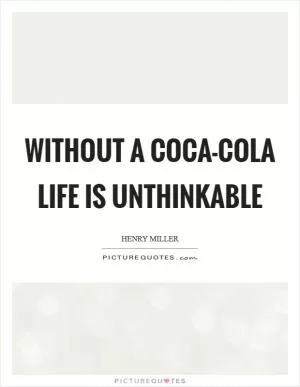
 Friendship Quotes
Friendship Quotes Love Quotes
Love Quotes Life Quotes
Life Quotes Funny Quotes
Funny Quotes Motivational Quotes
Motivational Quotes Inspirational Quotes
Inspirational Quotes